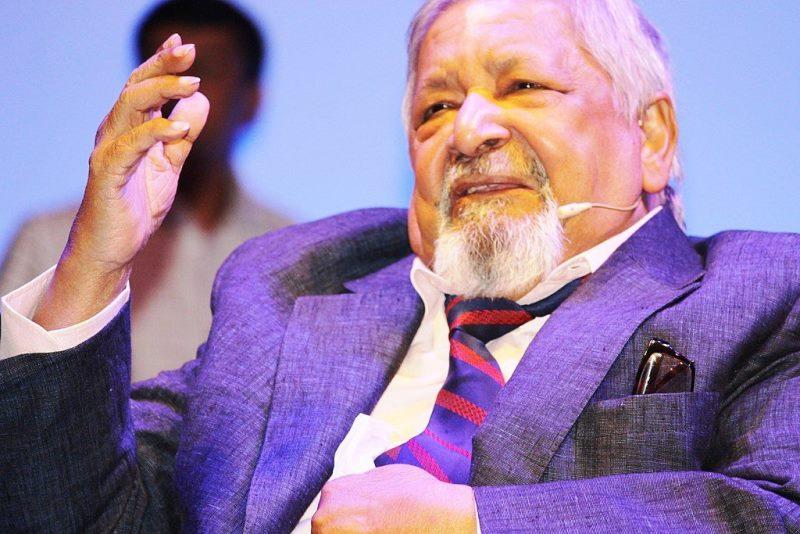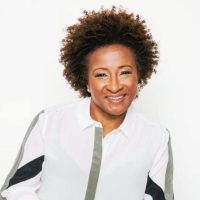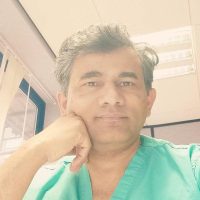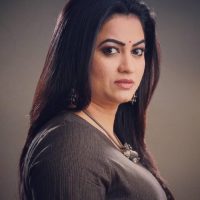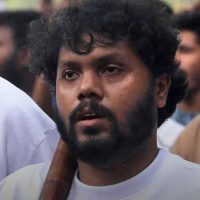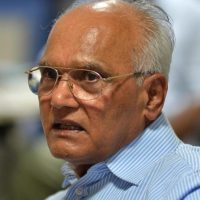| He was born in a sugar plantation town of Chaguanas on the island of Trinidad. |
| When he was 7 years old, his family moved to Trinidad’s capital Port of Spain, then later moved permanently when he was nine. |
| At 17, he won a Trinidad government scholarship to study abroad, choosing to study English at Oxford. |
| Over fifty years, he published more than thirty books. |
| He failed an examination in 1953, preventing him from attaining his degree. |
| In 1954, he moved to London due to unemployment and financial issues, staying at his cousin’s flat. |
| In 1954, he was offered a job as a presenter for a BBC weekly program, conducting interviews, writing articles and reviews, and presenting weekly shows until 1958. |
| In 1955, he wrote a story based on childhood memories, which encouraged him to write and publish more. |
| In 1955, he moved to a flat in Kilburn, London with his first wife. |
| He worked as an editorial assistant at the Cement and Concrete Association in 1957, publishing in Concrete Quarterly. |
| He reviewed books for New Statesman from 1957 to 1961. |
| In 1961, he was invited by the premier of Trinidad and Tobago to visit various countries to write a book on the Caribbean, resulting in The Middle Passage (1962). |
| His notable novels include A House for Mr Biswas (1961), A Flag on the Island (1967), In a Free State (1971), The Enigma of Arrival (1987), and Magic Seeds (2004). |
